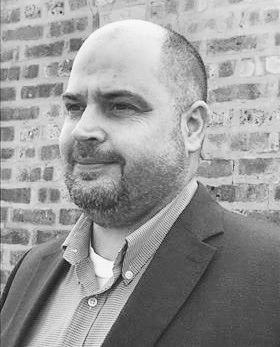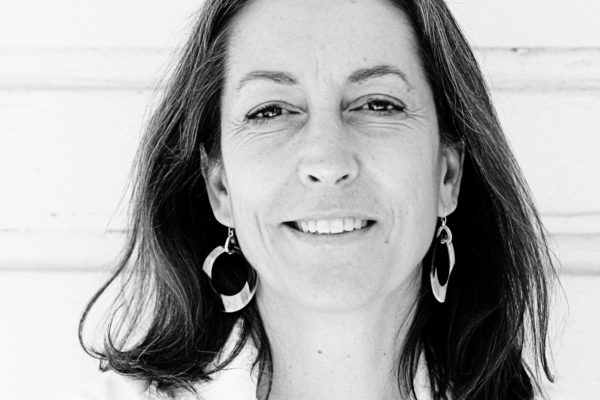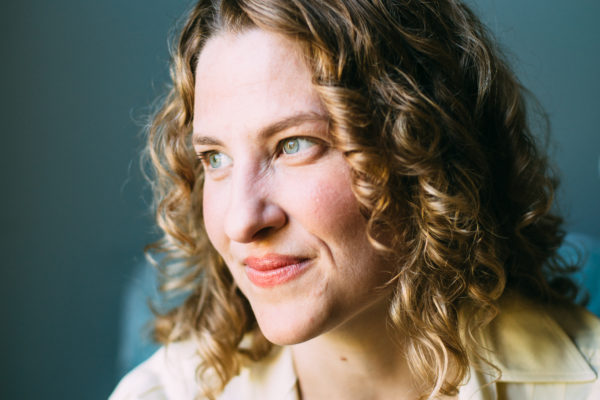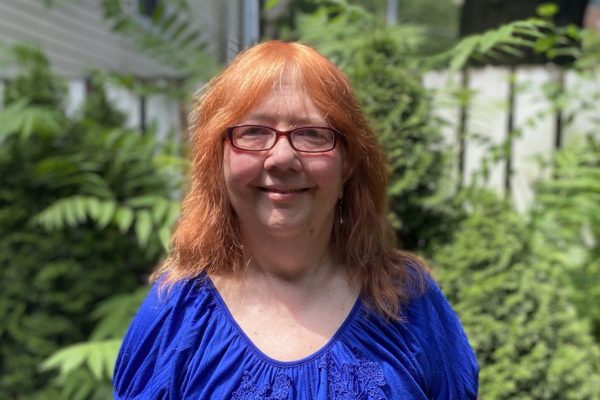What’s your name?
David Mathews
What have you written?
I mostly write poetry, but I have dabbled in flash nonfiction, and now fooling around with some hybrid ideas.
When do you write?
When I was younger, I worked overnight. Back then, I would write on my nights off, with breaks for late night drives. Nowadays, I love to write in late mornings to early evenings, with breaks to walk my pitsky Toddy. In both time settings I find joy in their solitude and ambient sounds.
Describe your writing routine.
I first find a way to get off people’s radar—I get derailed easily if I don’t have a block of time to myself with no interruptions. I usually have a nice breakfast and take my time. Then I have to make sure my desk area makes sense—it has to be clean and have everything I need.
What do you listen to while you’re writing?
If one of my ideas is coming into the world for the first time, I usually do not play any music—I want to hear my thoughts. However, I will listen to music if what I am working on is influenced by a particular song or musician. If I am doing some revising or icky editing, then I play what I am in the mood for—I like everything from punk to jazz to country.
What are your tools?
If an idea as been in my head for a while, I will write straight to the computer. I write a lot of drafts still on paper and when transferring them from draft to draft I may use makers to cross out what I transferred of different color pens to suggest edits or stanza order changes. Sometimes when poems don’t work, I will make copies and cut the stanzas up with scissors and tape them in a different order. I like to play mad scientist. Using old-school office supplies makes me think differently about editing than just using a computer.
What do you do when you get stuck?
If I get stuck, I take Toddy for a walk and clear my head. I might come back and do research to solve or look into a problem. I’ll read something by someone who did something similar. I do have a technique for fighting writer’s block, which I’ve shared with my students at ChiArts. I call it “Reverse Engineering” a poem. When I can’t write a poem now, it is not because of writer’s block, it’s because life got in the way.
Do you do pre-writing or pre-planning?
I first usually think about ideas on my commute or walking my dog. When I get the chance, I do research, I read people who have done similar things, and I usually do drafts on paper before finalizing on my desktop.
Where do you write?
I have an office in my Chicago apartment with my books, my desk, and my desktop. I do not usually like writing in coffeehouses, but I do sometimes enjoy writing at Chicago’s lakefront or in the country—stays in Door County and a holler outside of Knoxville have been fruitful.
Any rituals or superstitions?
Besides falling off the radar and taking breaks walking the dog, I have some of my old D&D dice at my desk. I roll them around in my hand like Chinese medicine balls or roll one of them repeatedly to clear my head.
What’s the craziest thing you’ve done to get out of a stuck cycle?
Probably coming up with my “Reverse Engineer” technique.
What is the best book you’ve read lately?
Eve L. Ewing’s 1919. It’s a poetry collection that explores The Chicago Race Riot of 1919. The collection weaves in historical references, has a flaneur’s eye, and as the Adroit Journal points out, “rescues the lives long thought forgotten.”
What is one book you think everyone should read?
The Dispossessed by Ursula K. Le Guin. The feminist science fiction novel compares and contrasts anarchism and capitalism.
What are you looking forward to?
A multicultural democracy open to all genders and sexual orientations that always puts people over profit.





No Comments